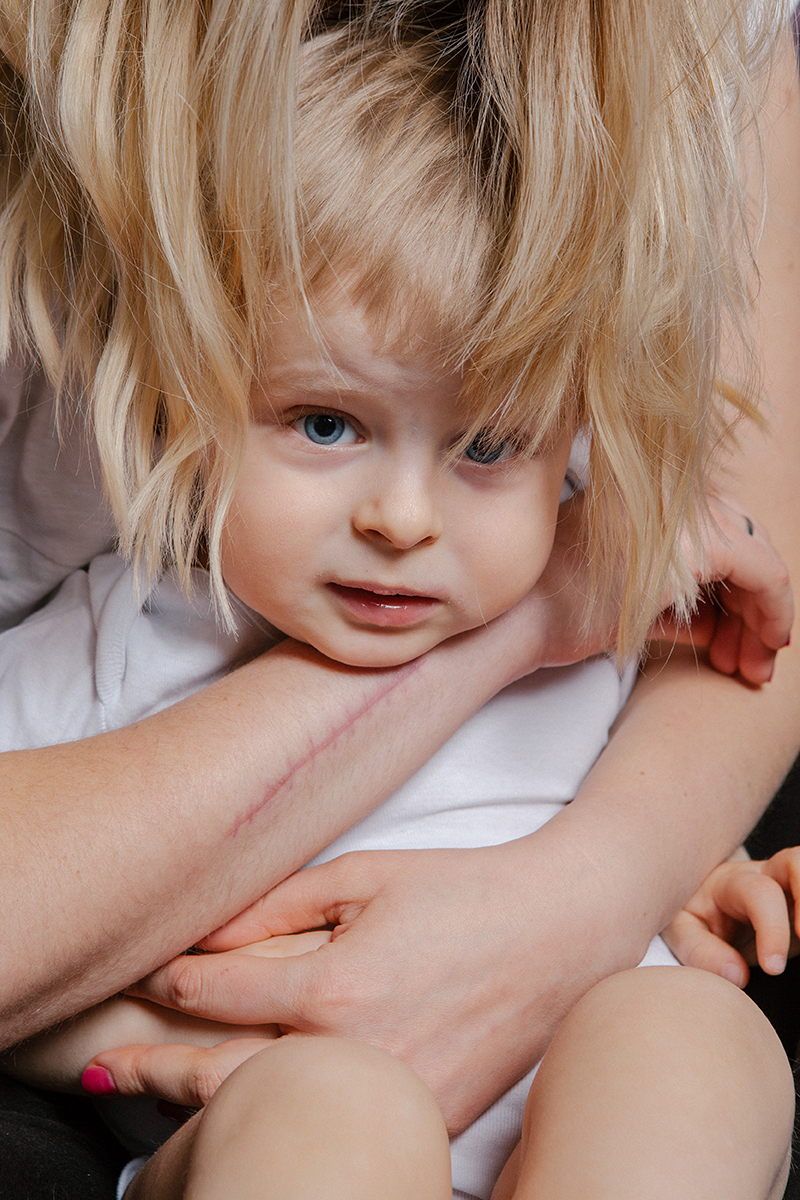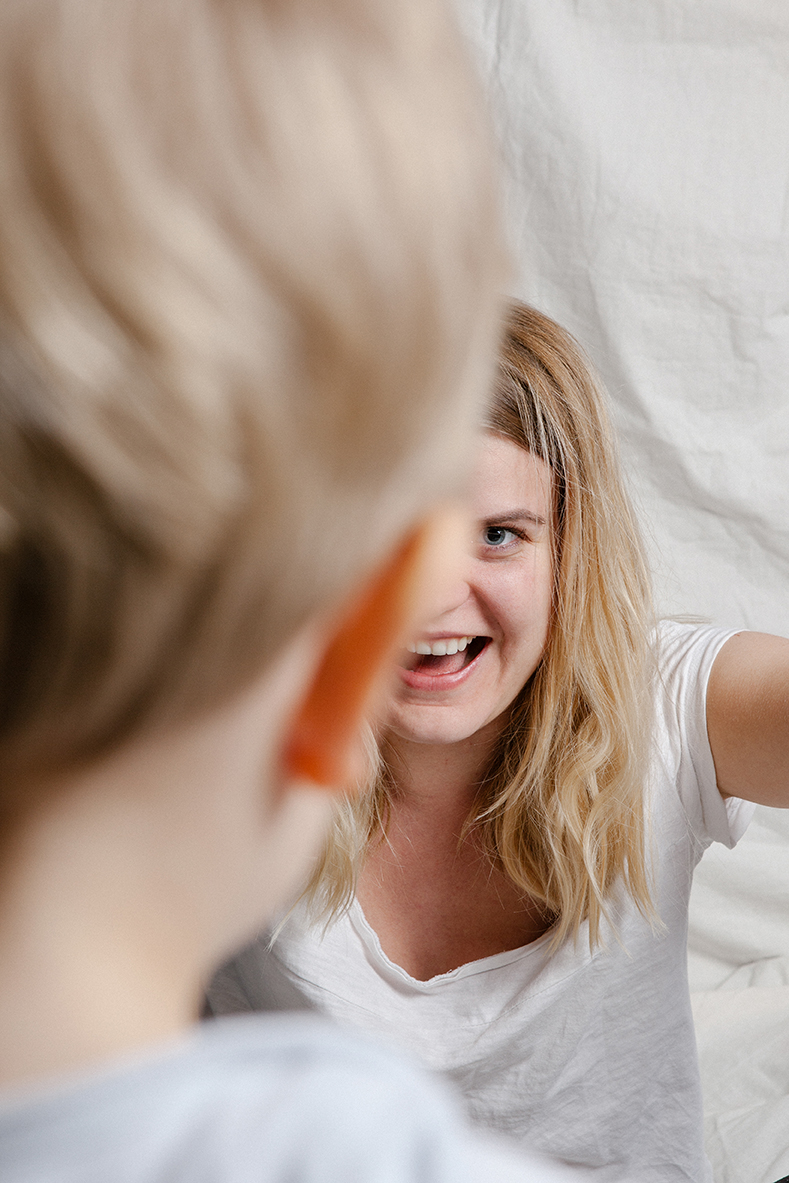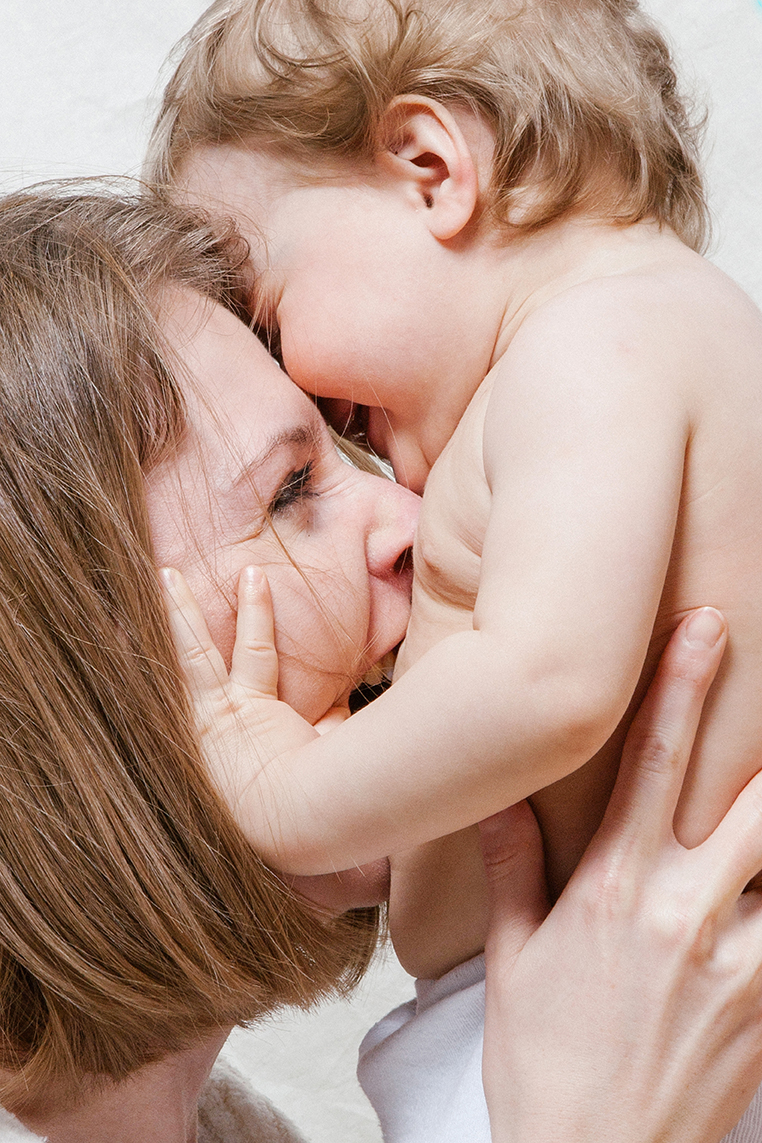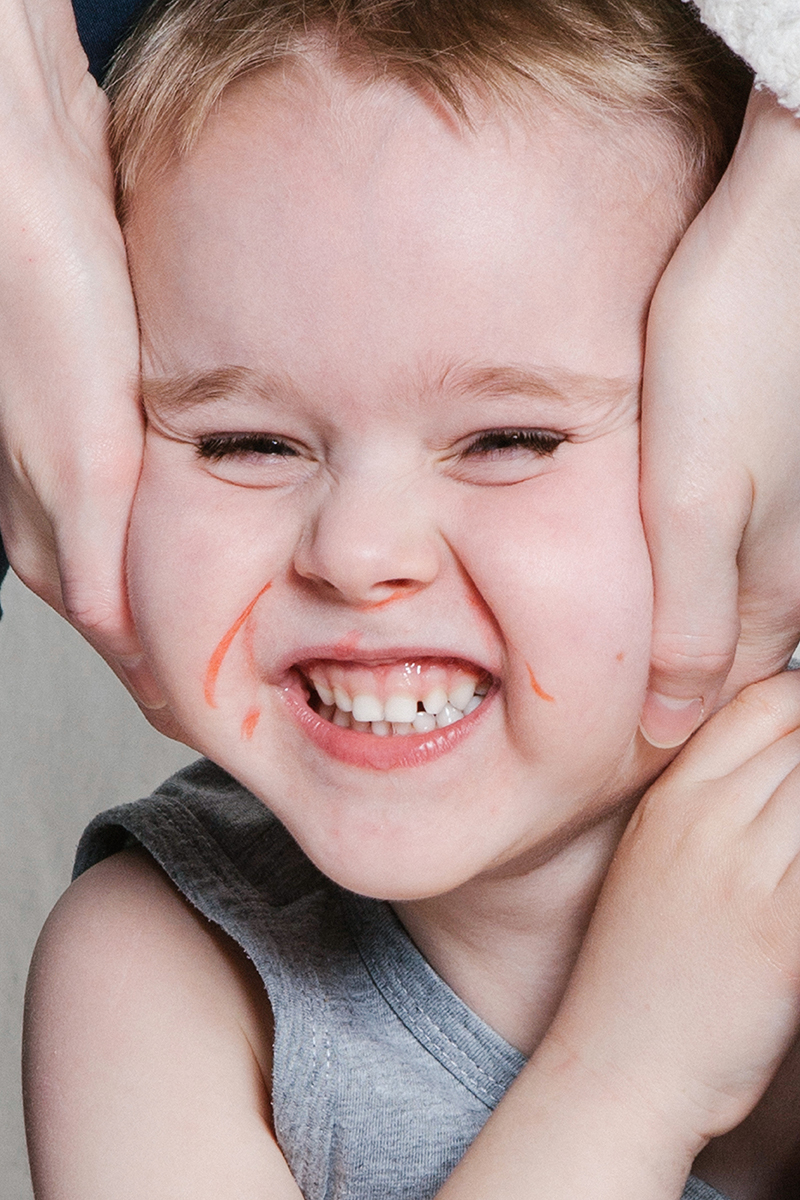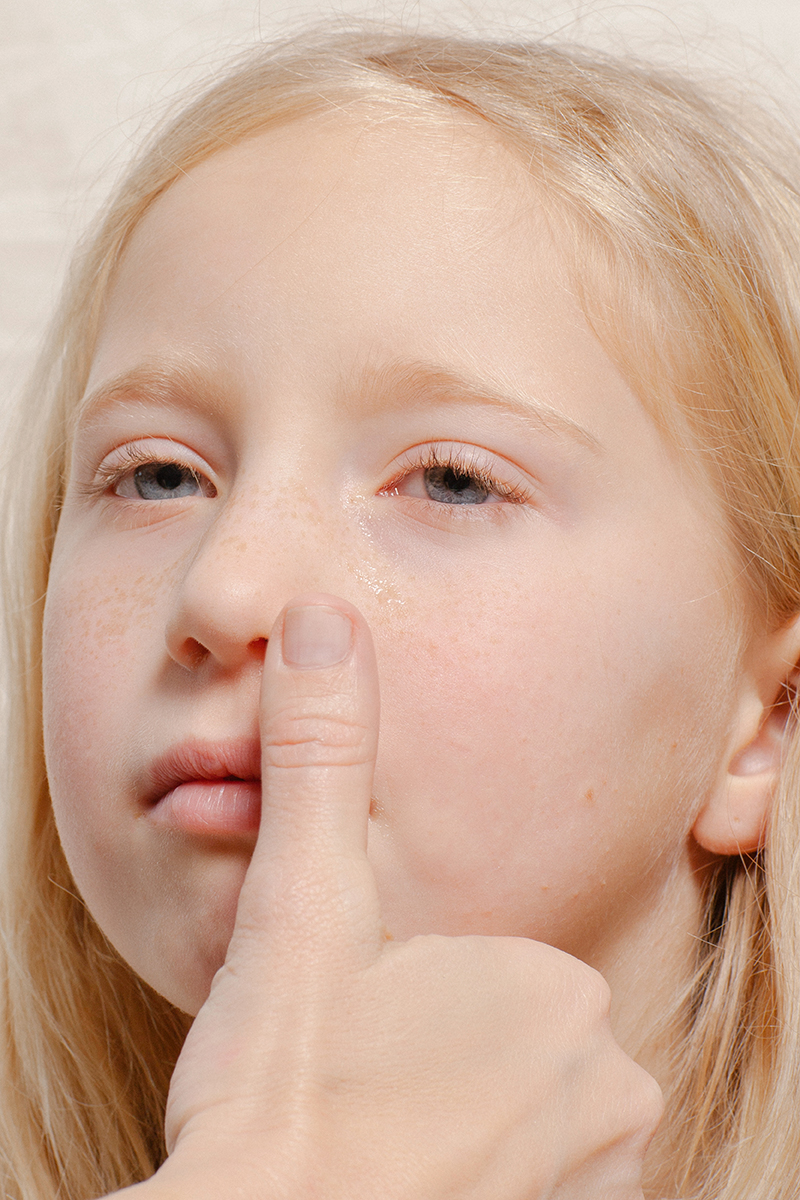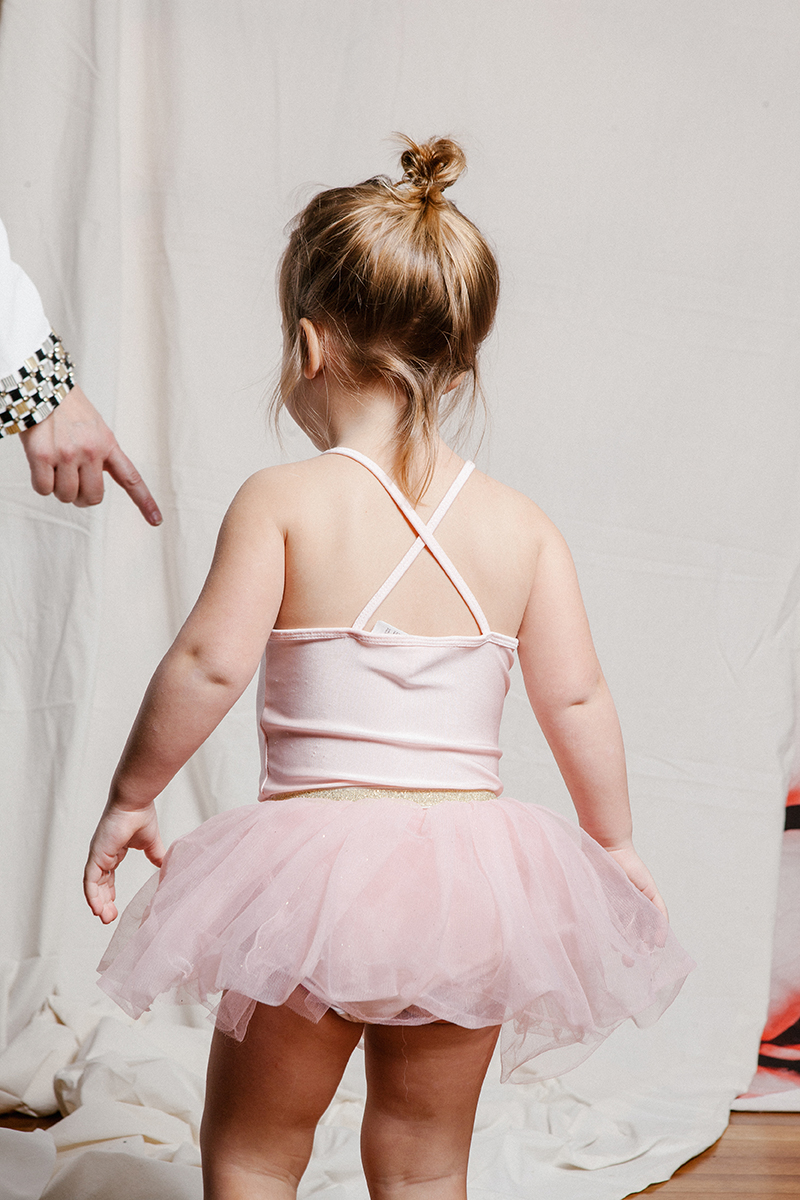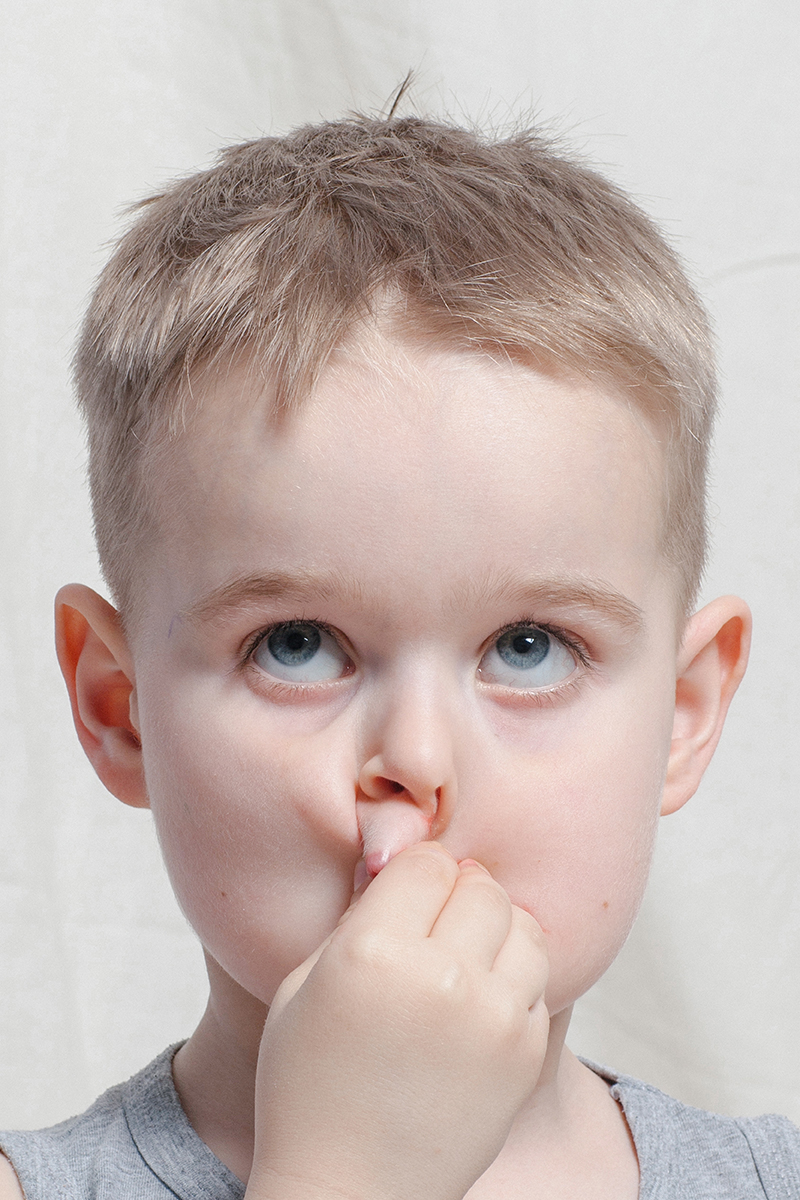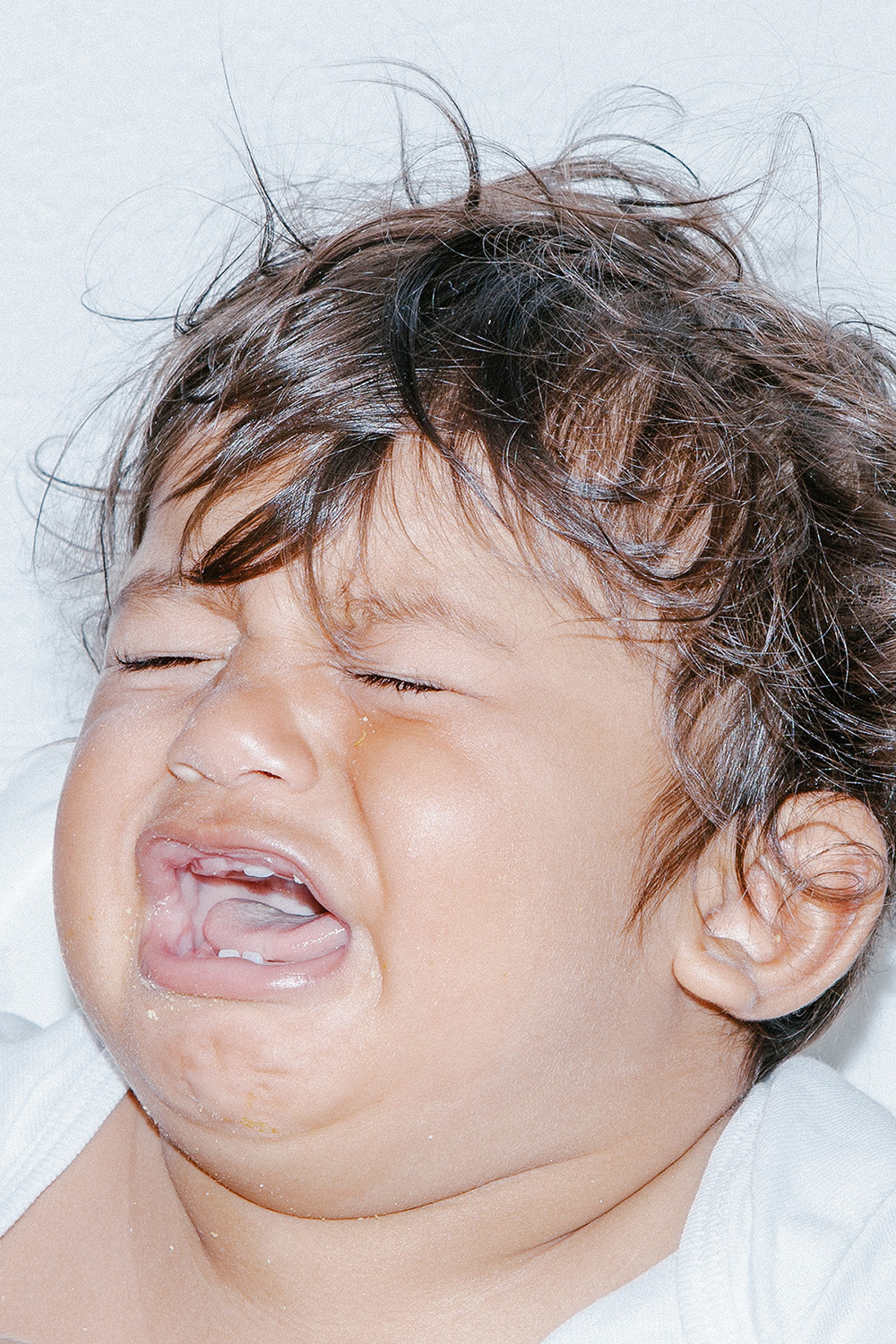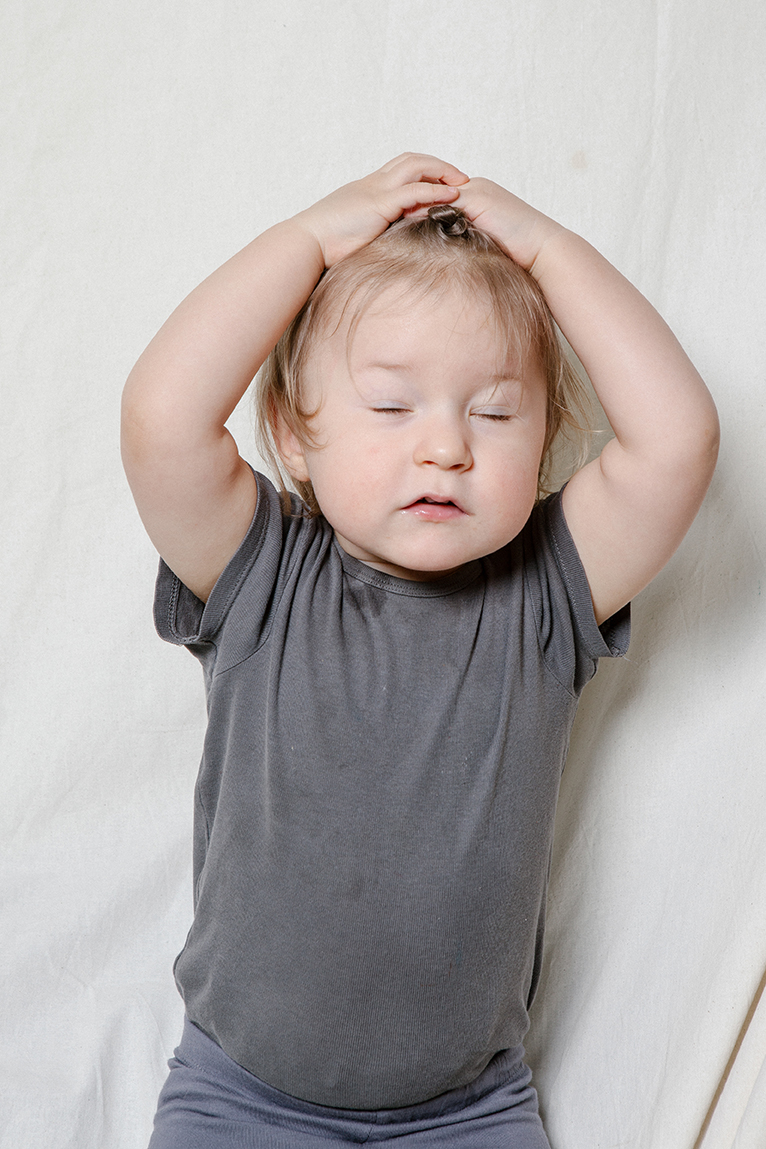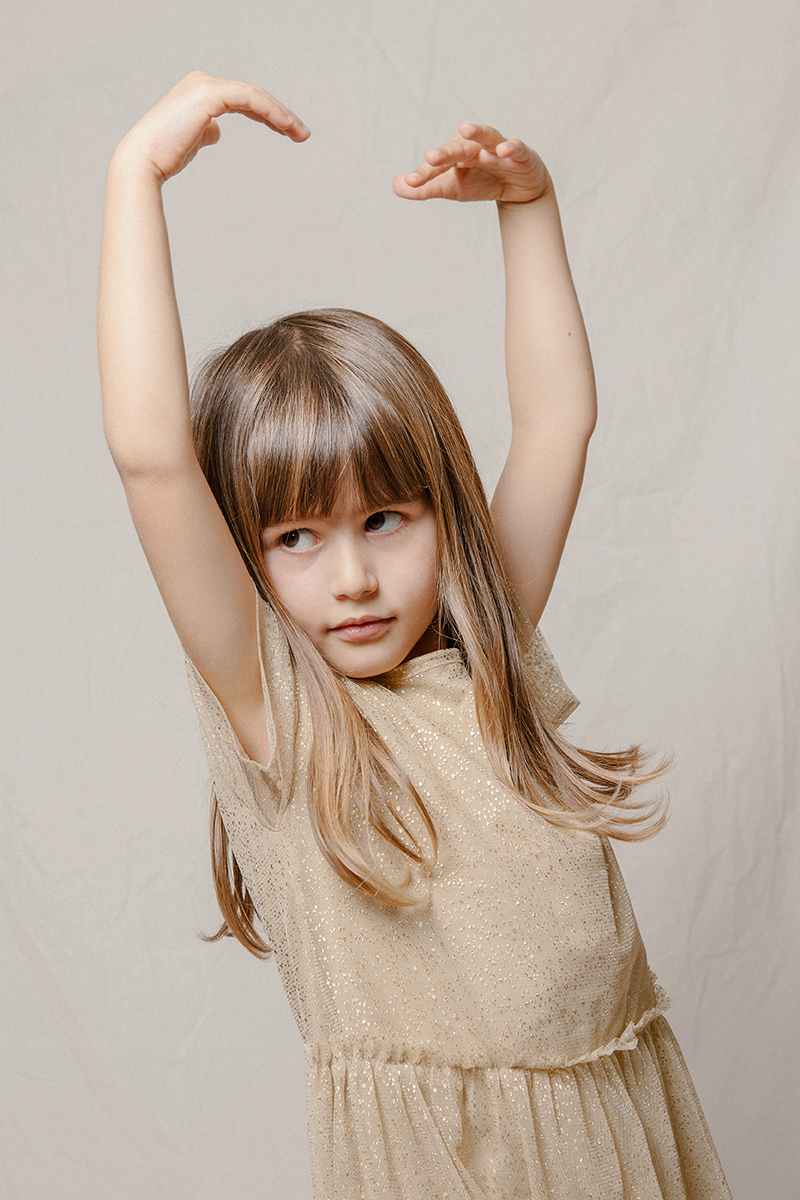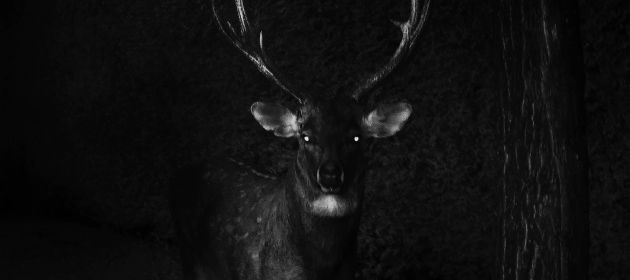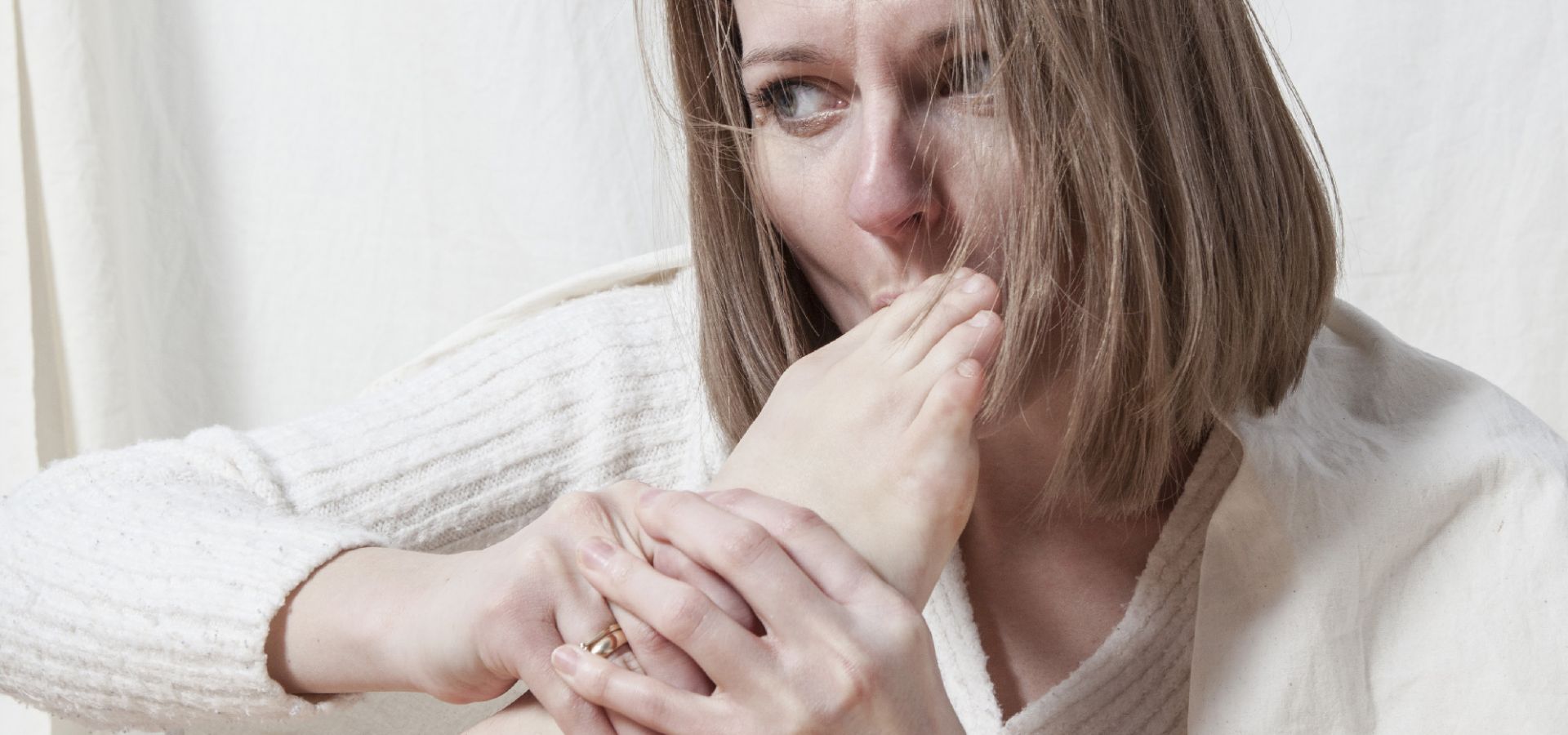
You’ll Know When You Have One: Honest Photos About Motherhood
Compared to other species, humans need a lot of time after birth to become independent — according to current estimates, the human brain completely develops only at 25. In the most developed countries, parents (or those who act as parents) are fully responsible for children until 14, and partially responsible for them until they reach 18 or 21.
For this entire time, the parents (usually to a greater extent mothers) have to provide for a child, take care of them, raise them, and show love; a relationship with a family in one or the other ways forms future strategies of any relationships in the life of children. The conversation about motherhood being not only happiness, but also a great burden that not everybody needs and that not everybody can carry on their own started fairly recently; and many topics — starting from breastfeeding and postpartum depression to disappointment and anger towards the child — are still a taboo.
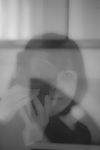
Photographer from Poland, lives in Switzerland. Exhibited her work in Great Britain, the US, France, Switzerland, Germany, Spain, and Ireland. Published her work in C41, Fisheye Magazine, Thisispaper Magazine, Yet, The Calvert Journal, and Der Greif.
— This series of photographs is a result, and a continuation of my long-lasting fascination with the mother figure, and its representation through photography. I think that today motherhood is being rebranded; from media faces, high profile figures to influencers — women are leading a new dialogue about what it means to be a mother. In my practice I am deeply interested in all psychological and social aspects that are linked with the mother-child relationship.
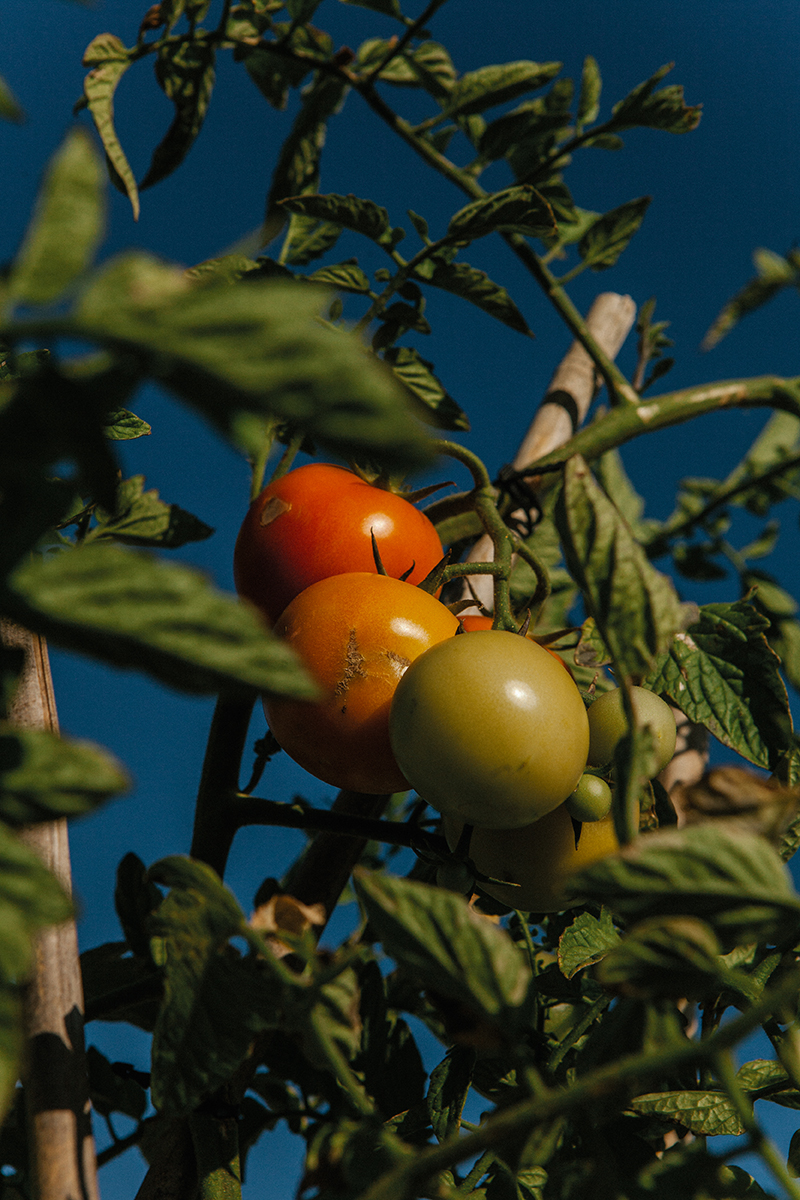
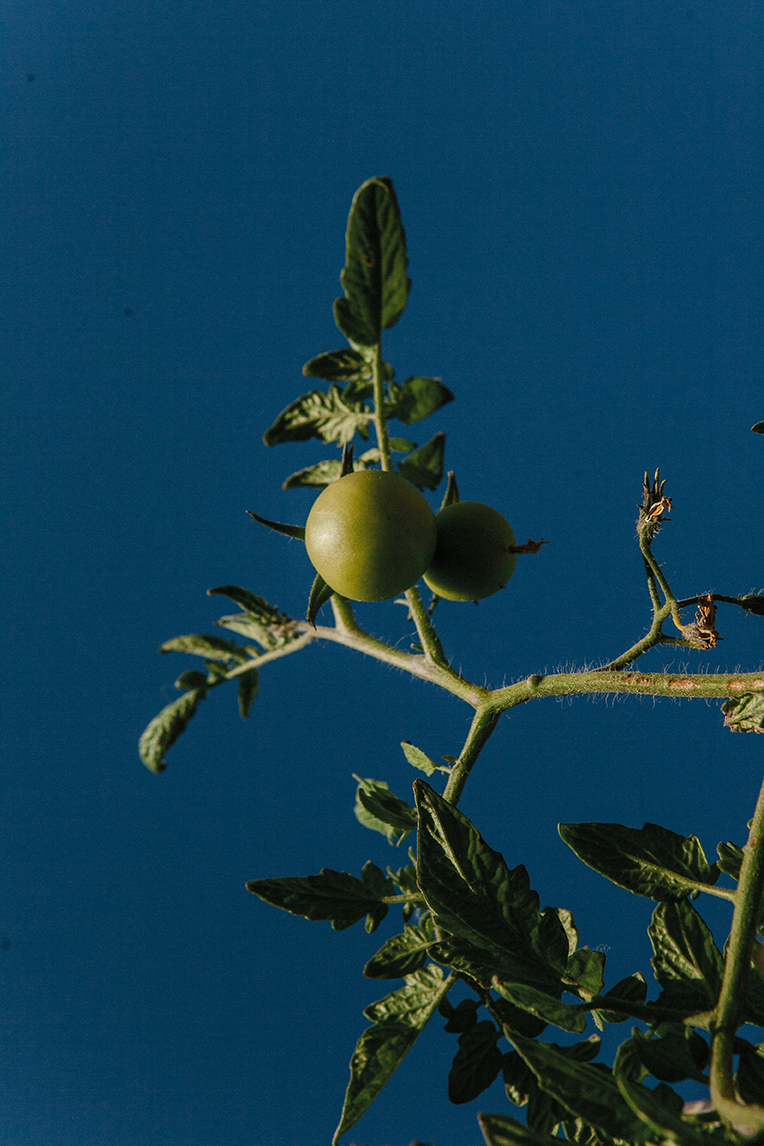
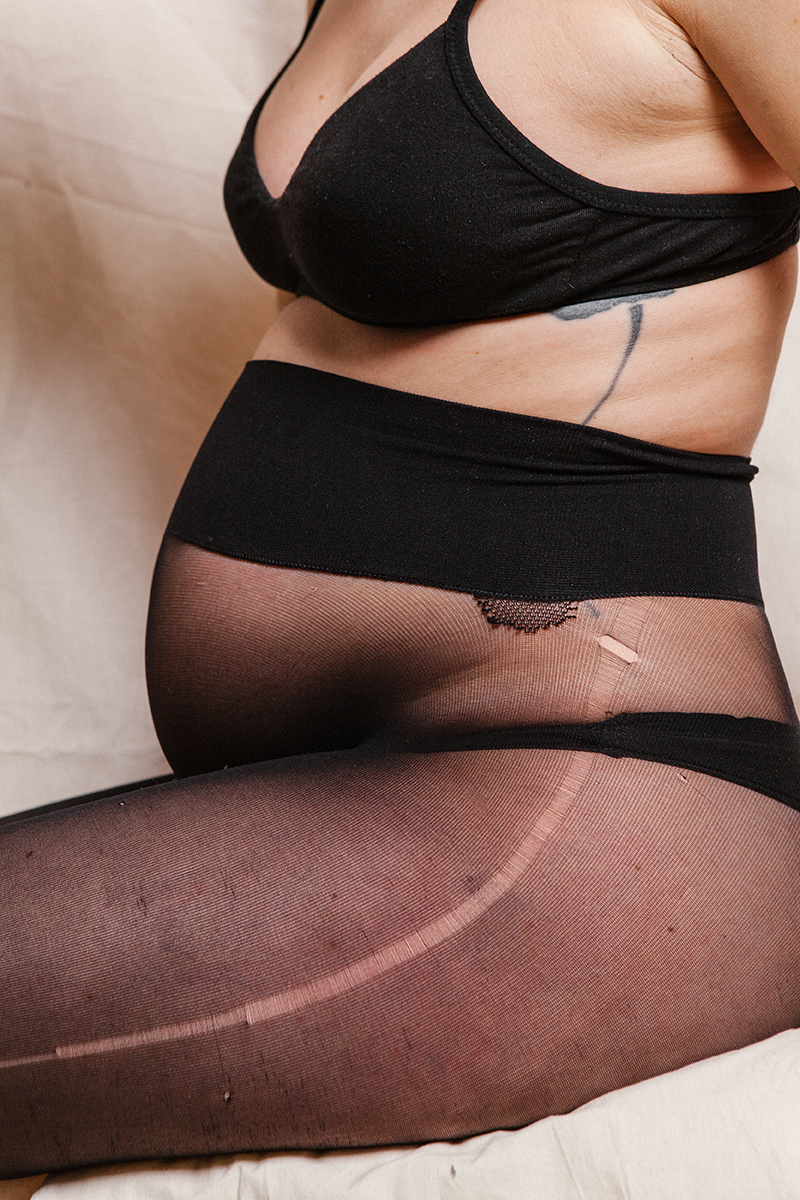
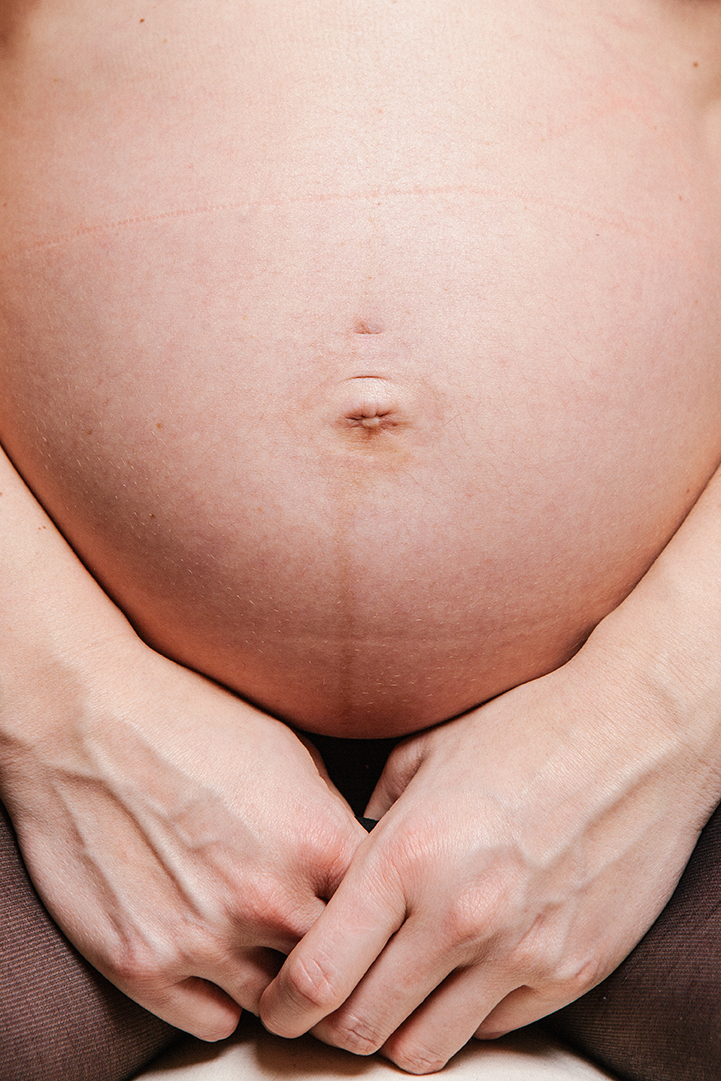
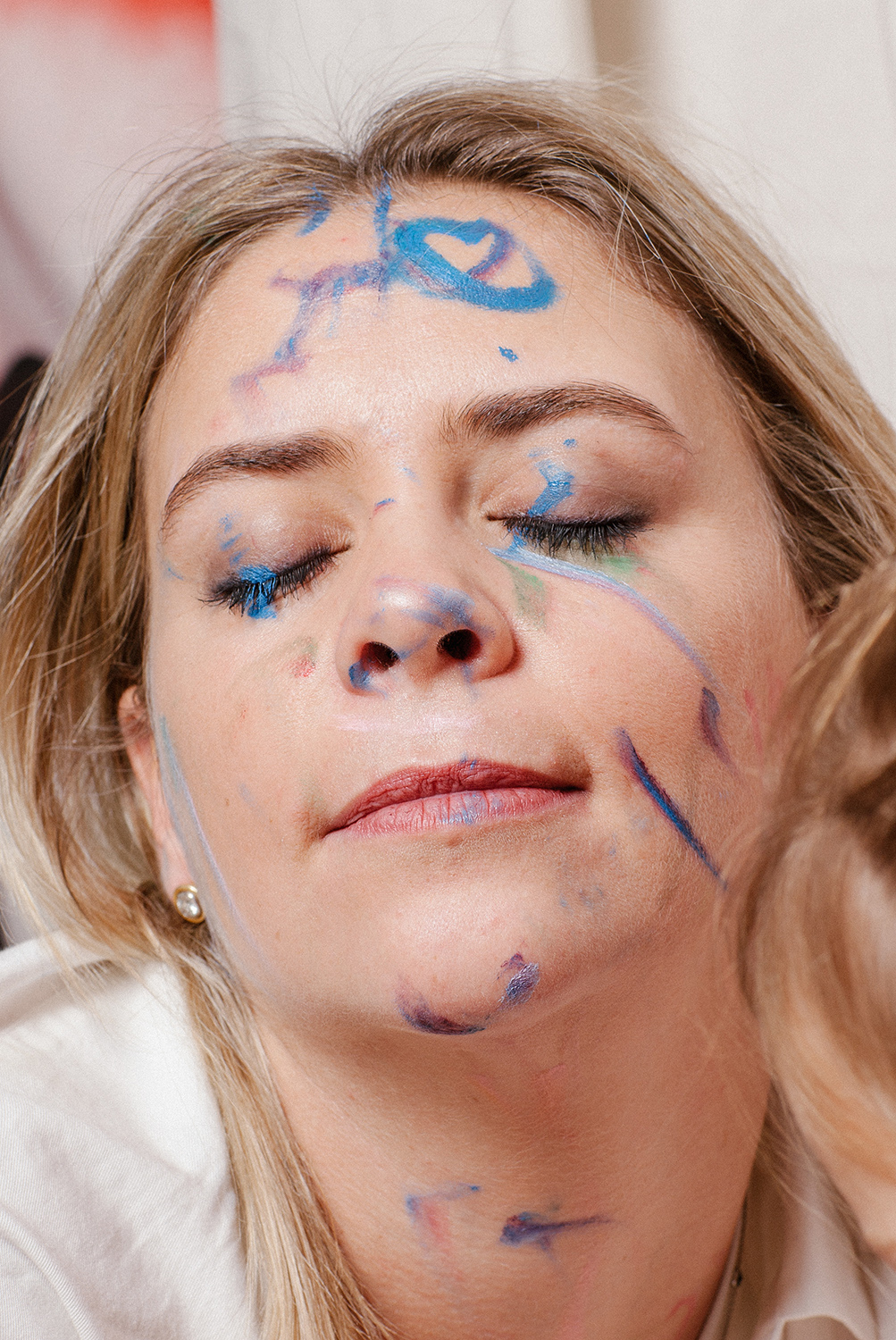
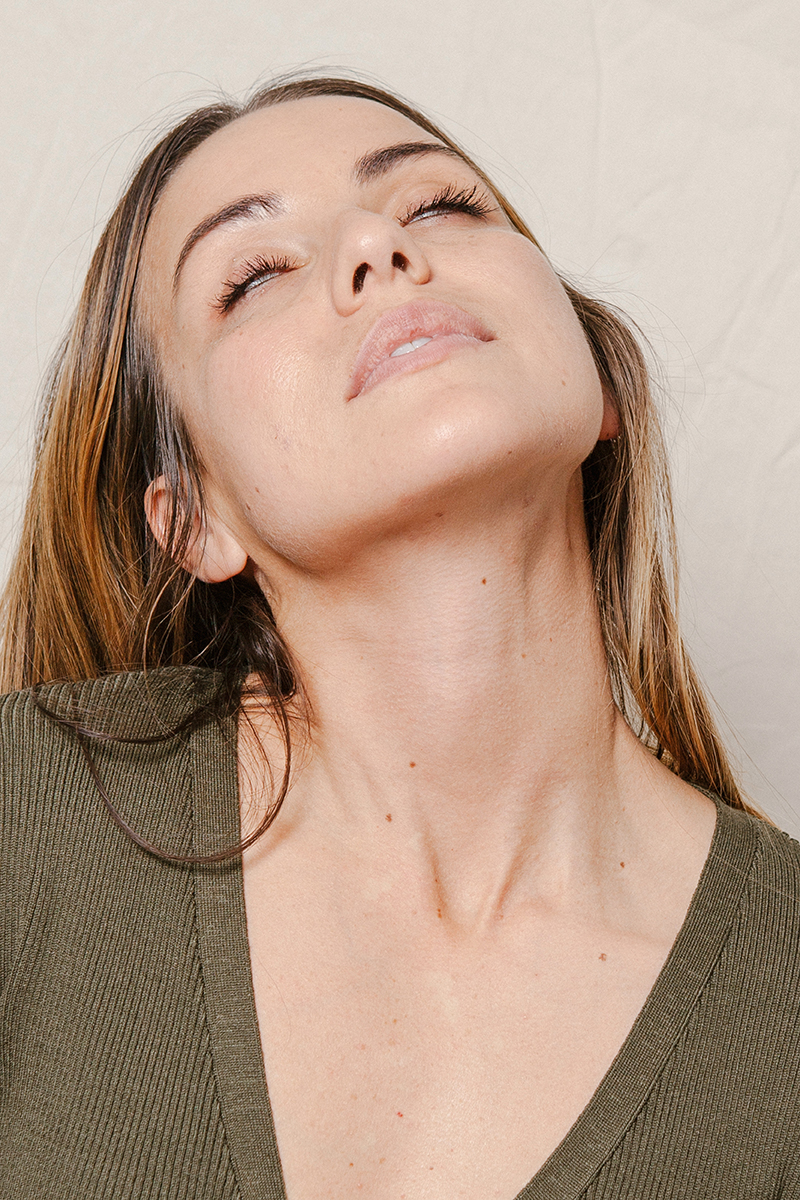
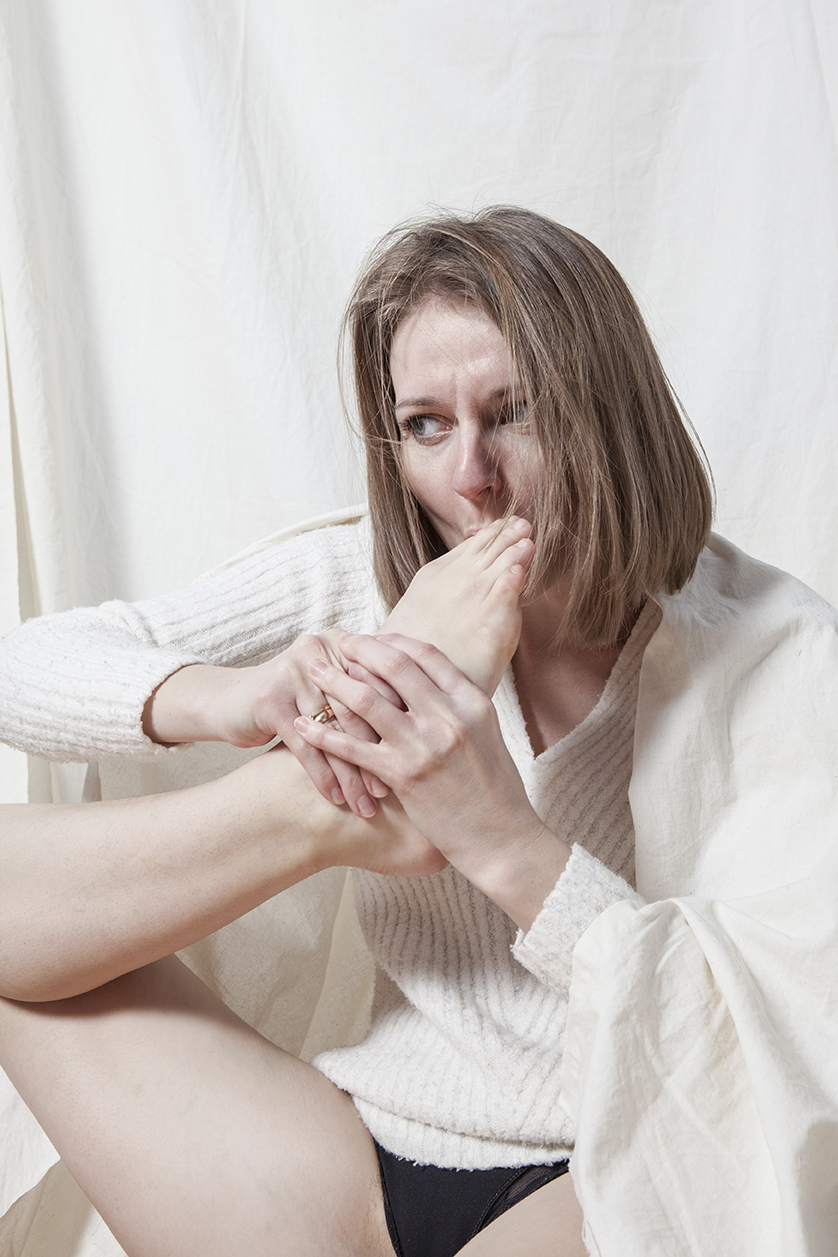
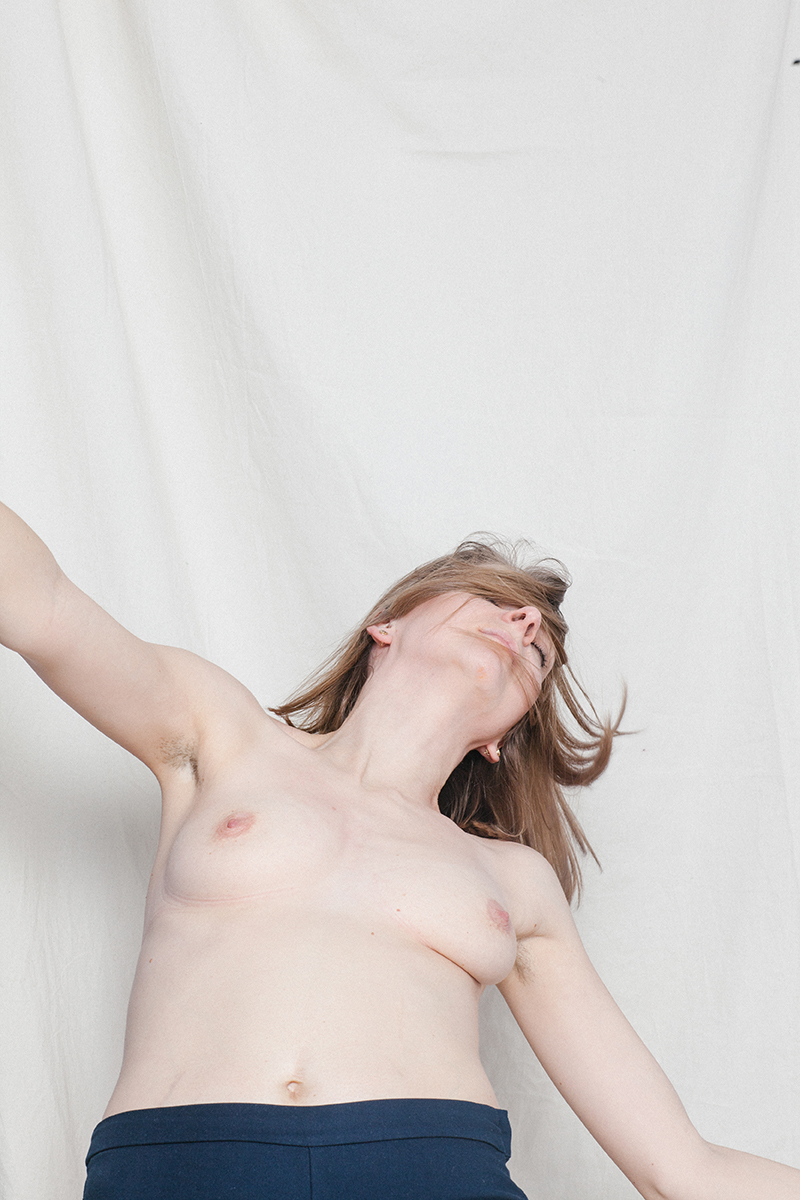
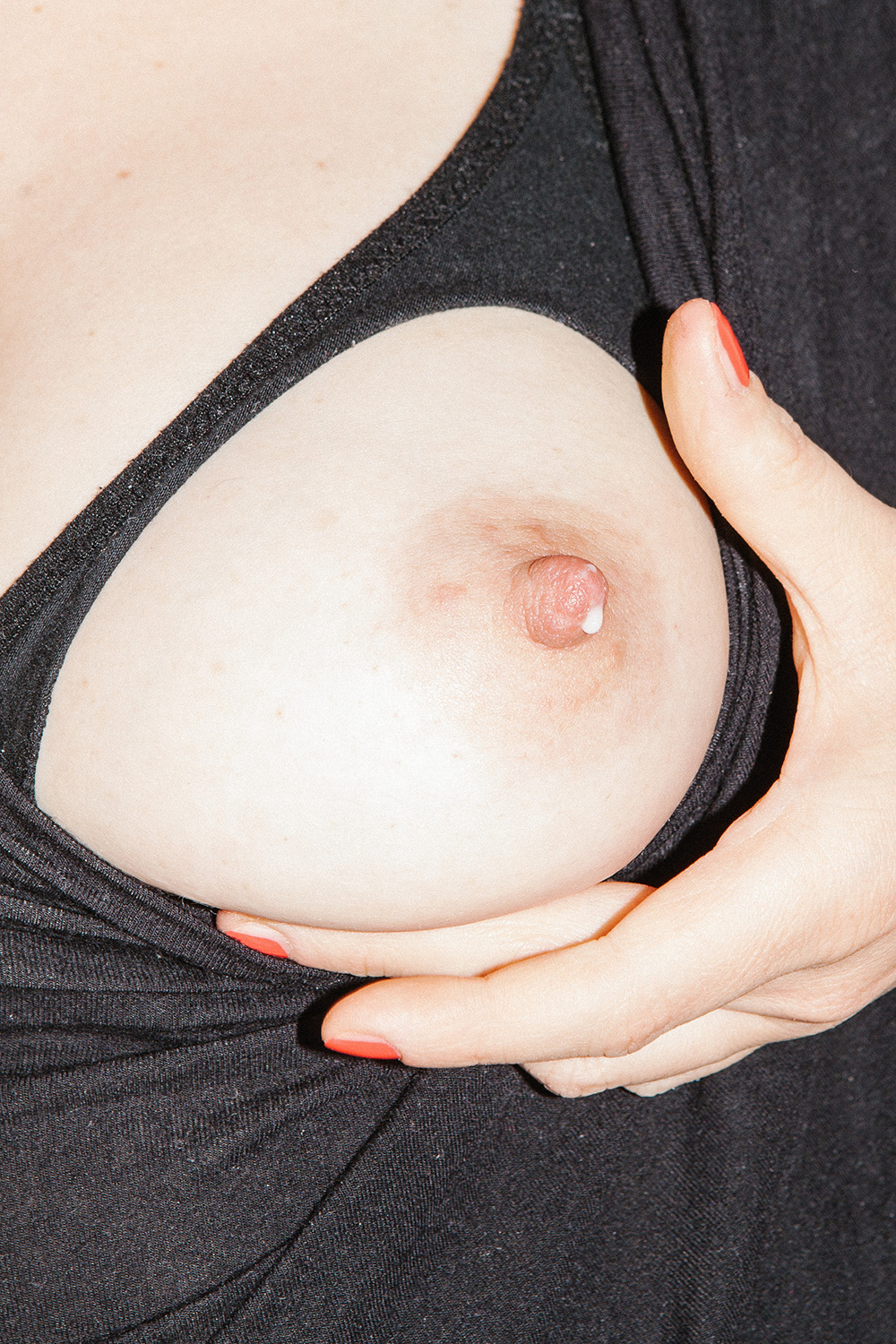
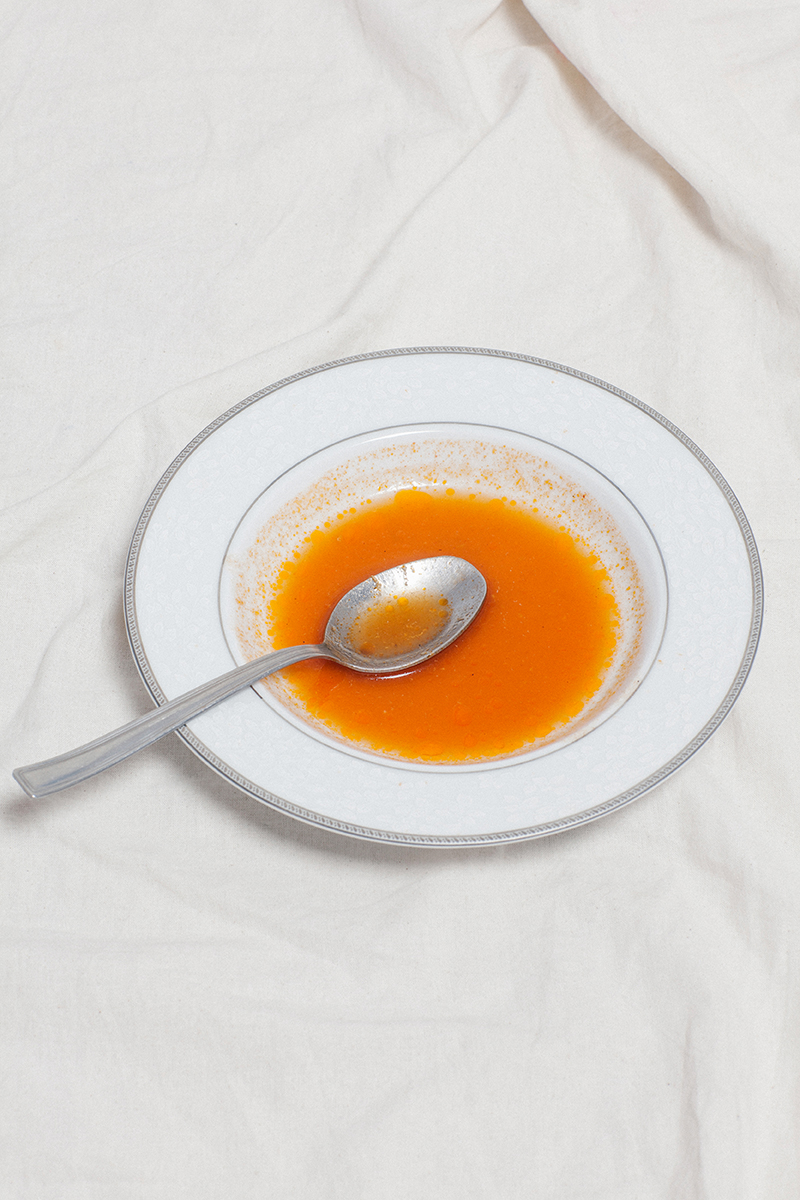
Through this work I want to provide a closer look at women and their children, depicting their physical performative gestures, face expressions, body presences. I explore my subjects physicality, being very close to them myself when photographing, really focusing on their physical presence.
The well-known definitions of the maternal figure and maternal love fascinate me and I am interested in challenging them through images. I am puzzled by the unsettling, continuing duality behind the experience of motherhood, and the bonds between a mother and her child. In other words, I simply make space for this important and powerful relationship to perform itself in front of my camera.
I am puzzled by the unsettling, continuing duality behind the experience of motherhood, and the bonds between a mother and her child.
I treat these photographs as visual research, a bridge project that leads me deeper into this subject, and that helps me to gain a more defined and narrowed direction for the continuation of my photographic practice.
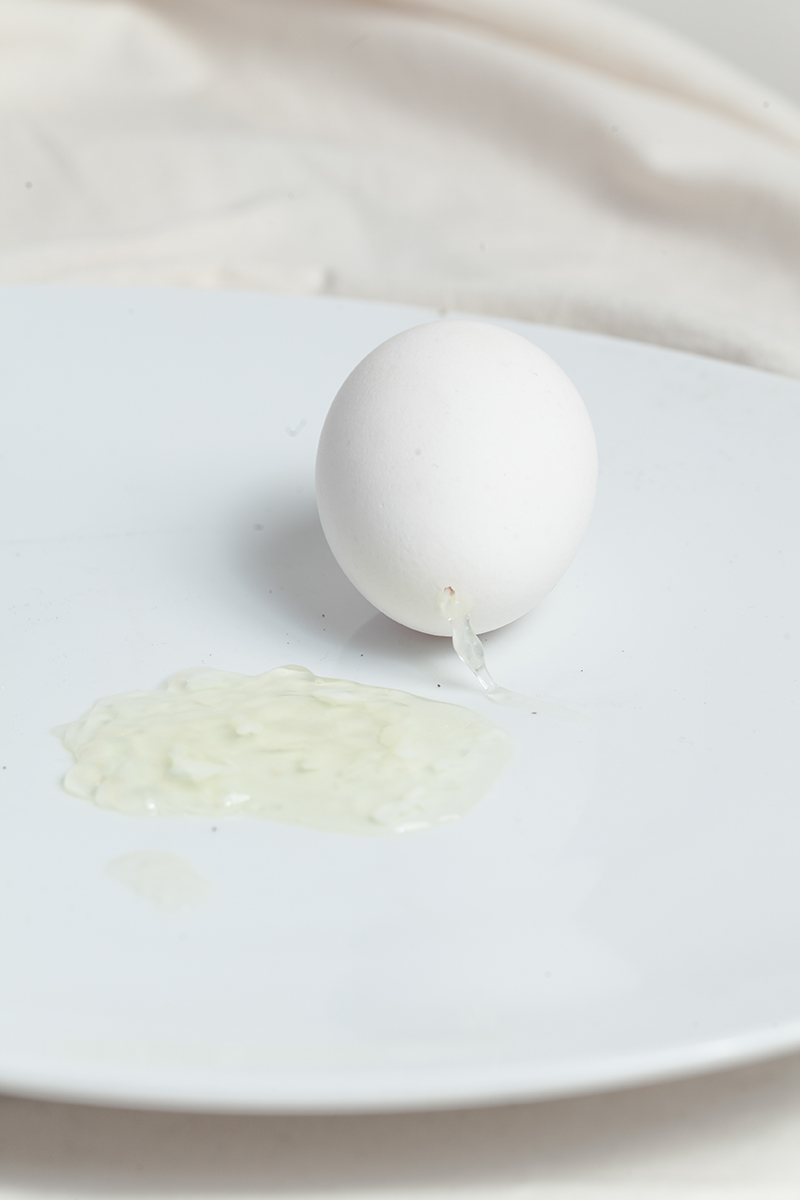
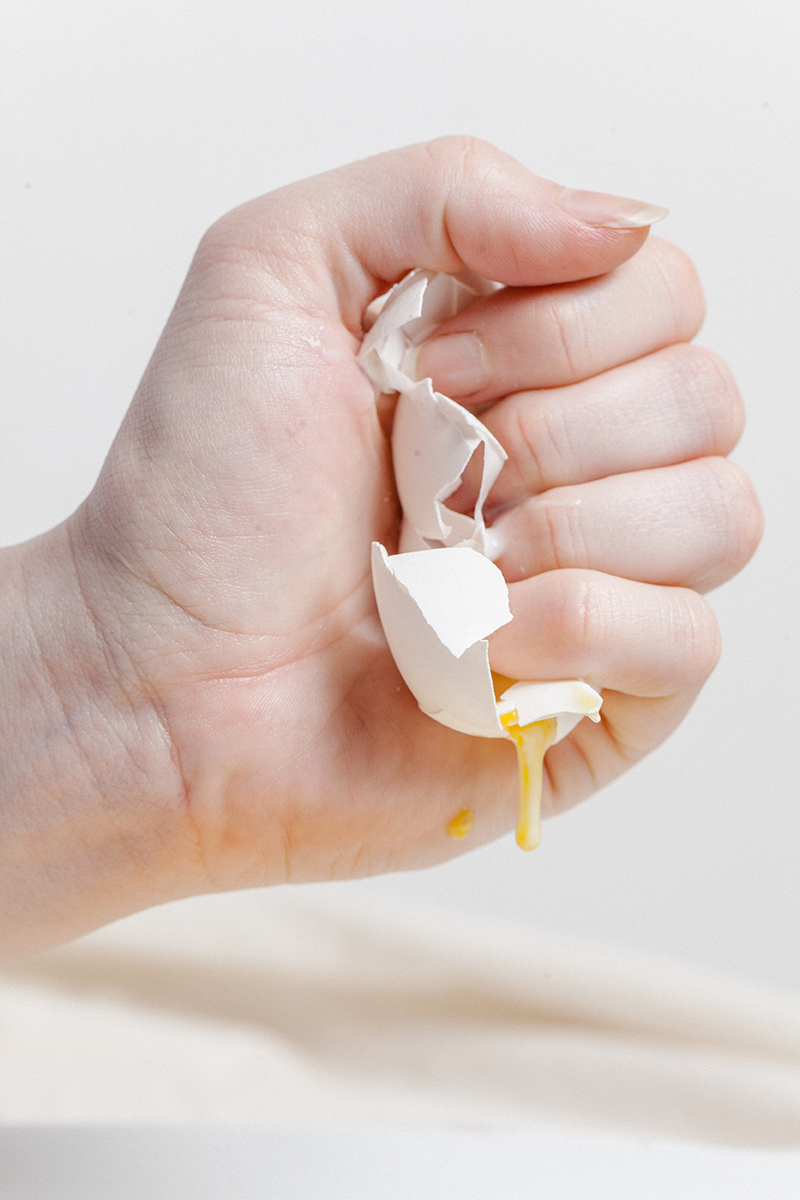
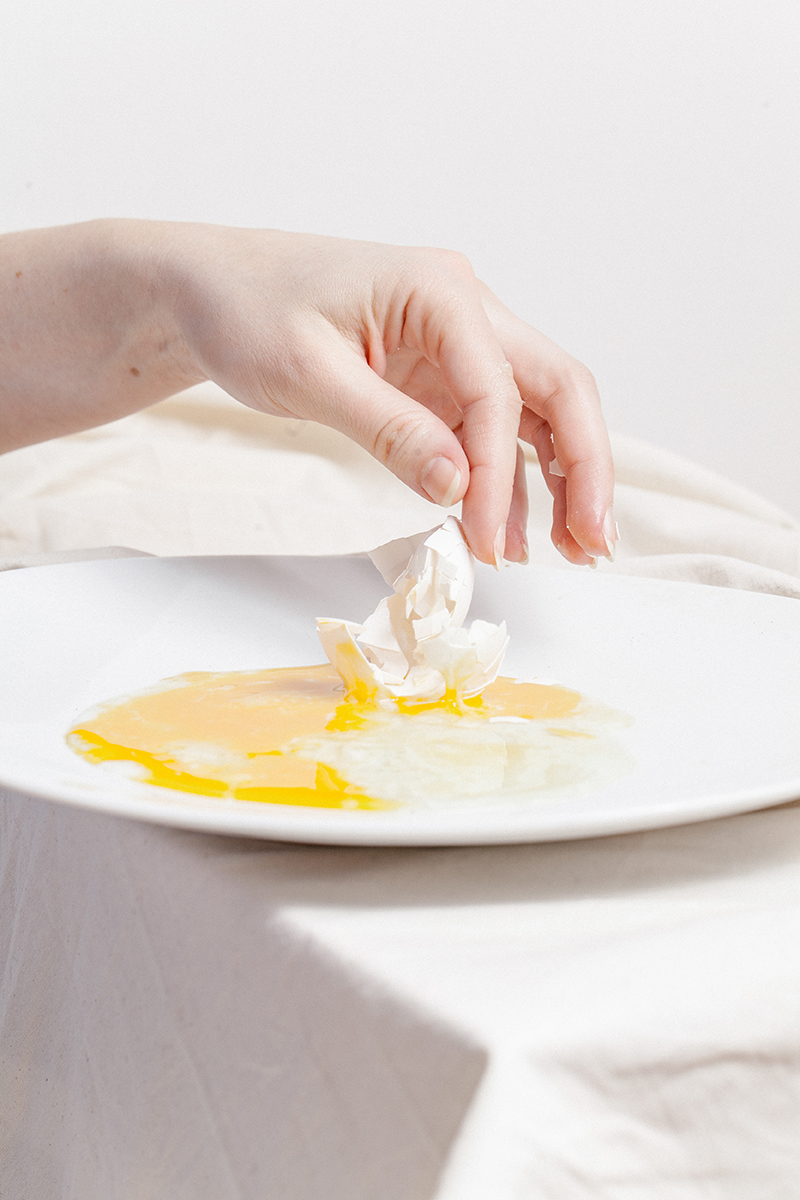
In my last major project, Czarna Madonna, I touched upon the subject of motherhood and maternal love and its darker sides. In one year, I met and photographed 20 different mothers-to-be, mothers and their children. Most of them are people I barely know, but at the end I photographed my close family. So, this changed a lot how I worked with them, and the work I did became very personal.
I think that most of the photographers I know are never fully happy and satisfied even after the work is put into the final covers of the book or exhibited. I have a great sentiment for time and how time changes my work in front of my own eyes. I like to go back and see what I have done before and often it isn’t that good, but I am happy I did it all, and I think it is important to create a lot of so-so images to later reach the ones you are happy about.
If I made the decision to share the project publicly, it reflected my past thoughts, choices, the time when and place where I created this book. I don’t have a need to change the already finished projects, or publications, but I rather continue working on new photographs.
